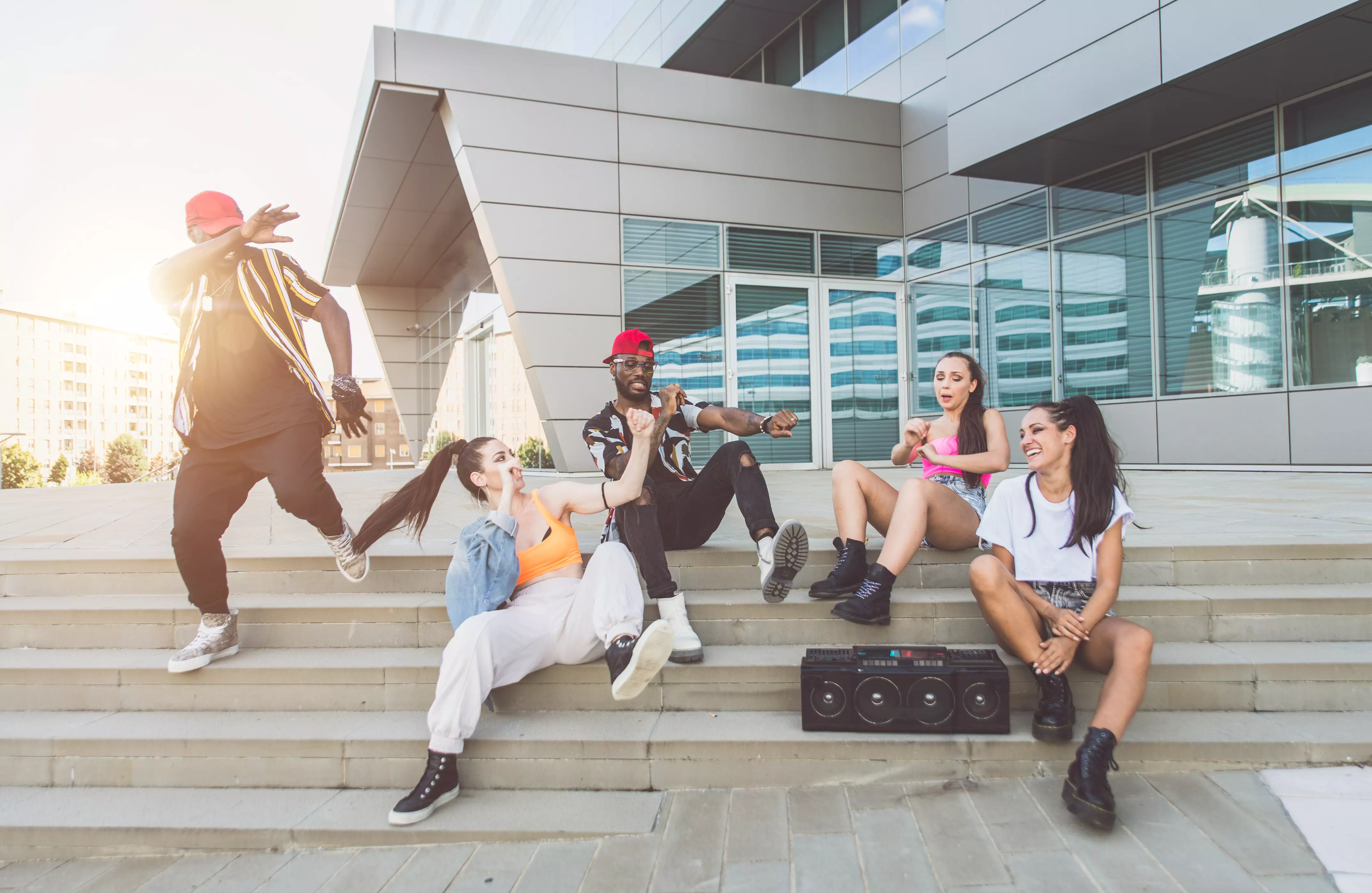How hip hop affects peer relationships
Introduction to hip hop culture
Hip hop is not only a musical genre, but also a complex cultural phenomenon that has shaped societies around the world since the 1970s. It delights in its diversity, and its elements - such as rap, graffiti, breakdancing and DJing - have become an integral part of many societies. In the context of peer relations, hip hop plays an extremely important role, influencing the way young people communicate, collaborate and develop their identities.
Hip hop as a communication tool
In the face of increasing digitization, hip hop has become one of the main languages of youth. Musicians and artists use it to express their emotions, thoughts and experiences. Hip hop songs often touch on important social issues, which fosters discussions among peers.
Young people find in hip hop not only inspiration, but also a sense of belonging. Listening to music together, sharing it and creating their own songs fosters strong social bonds. For example, groups of friends can form their own rap crews, which strengthens relationships and creates common goals.
Hip hop and youth identity
Hip hop plays a key role in shaping the identity of young people. Adopting certain styles, language and even the way they dress, children and teenagers are often searching for their place in the world. Hip hop provides them with the tools to express themselves and create a unique identity.
In environments where hip hop autonomously creeps into the lives of peers, adolescents feel safer. Representing themselves through art, rather than violence, changes the dynamics of interpersonal relationships. It is in these spaces that the potential to form strong and lasting friendships emerges.

The impact of hip hop on behavior and attitudes
Hip hop music often touches on themes of social justice, fighting prejudice or emotional problems. These messages can affect young people in two ways: they either inspire them to positive actions, or they can foster negative attitudes.
Peers often look for role models in characters associated with hip hop. Some of them choose to engage in artistic or social activities, drawing on the values promoted in the songs. On the other hand, imitating the darker aspects of hip hop, such as violence or hedonism, has the potential to influence youth behavior in destructive ways.
Hip hop as a form of leisure activity
Listening to hip hop music, participating in freestyle battles, or dancing together are activities that engage youth for hours. These forms of spending time promote not only entertainment, but also the development of interpersonal skills. Young people learn to work in a group, share ideas and respect diversity in artistic expression.
Organizing local events related to hip hop strengthens ties in the community. Festivals, workshops, or graffiti jams attract local talent and bring diverse people together for one purpose - a passion for hip hop. A side effect is often new acquaintances and friendships.
Hip hop and the encoding of interpersonal relationships
Hip hop as a subculture introduces specific social norms and rules that shape interpersonal relationships. Participants in this culture become part of a larger whole, which affects their interactions. Authenticity is important in hip hop - young people learn that being themselves in relationships is key, which positively affects their self-confidence.
Building relationships based on understanding, acceptance and common purpose often translates into creating deep friendships. These values can help reduce conflict and develop empathy within the peer group.
Summary
Hip hop, as a dynamic and versatile cultural movement, has had a tremendous impact on peer relationships among young people. It provides a platform for communication, education, self-expression and relationship building. Examples of the positive impact of hip hop abound, but it is also important to be aware of the possible negative effects that can result from following destructive patterns.
In the end, the most important thing is to be open to a diversity of experiences and to be able to critically analyze the content that young people consume. Hip hop, at its core, can be a force for positive change and an extremely powerful tool in the construction of interpersonal relationships, if its values are properly utilized.

Add comment